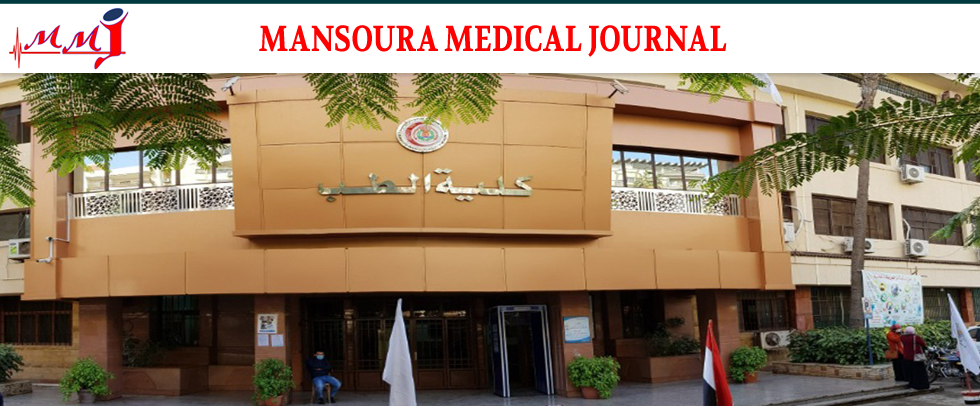Subject Area
Anaesthesia and Surgical Intensive Care
Article Type
Original Study
Abstract
Background: With significant advancements in the area, post-operative pain management after abdominal procedures has garnered attention lately. Despite these developments, post-operative pain is still difficult to manage and is sometimes not sufficiently addressed, which causes worry, tension, and discontent in the patient. In addition to having negative medical impacts, inadequate pain management may also have negative psychological, economic, and societal repercussions. Aim and objectives: To assess the analgesic impacts of dexmedetomidine against magnesium sulphate when used as a bupivacaine adjuvant during ultrasound-guided bilateral rectus sheath block during abdominal aortic surgery. Patients and methods: Over the course of five months, 40 research participants were split into two groups and the study was conducted at the Vascular Surgery Center at Mansoura University using a prospective, randomized, double-blind methodology. Results: Regarding baseline data and problems, there was no statistically substantial variations between the two groups under study. The two groups under study differed significantly as regard the length of operation, sensory perception, motor block, and VAS score. Conclusion: When magnesium sulfate or dexamethasone is added to bupivacaine 0.5% in ultrasound rectus sheath block for patients undergoing abdominal aortic surgery, the effects are more rapid in terms of onset, duration, postoperative analgesia, and reduction in the need for rescue analgesia—all without raising the risk of side impacts. Dexamethasone demonstrated superior outcomes in these regards.
Recommended Citation
Amer, Ghada Fouad and Allah, Mohamed Younes Yousef Abd
(2023)
"The effect of adding magnesium sulphate versus dexmedetomidine as an adjuvant to bupivacaine in ultrasound rectus sheath block on postoperative analgesia in patients undergoing abdominal aortic surgery,"
Mansoura Medical Journal: Vol. 53
:
Iss.
1
, Article 12.
Available at:
https://doi.org/10.58775/2735-3990.1401
Creative Commons License

This work is licensed under a Creative Commons Attribution 4.0 International License.



